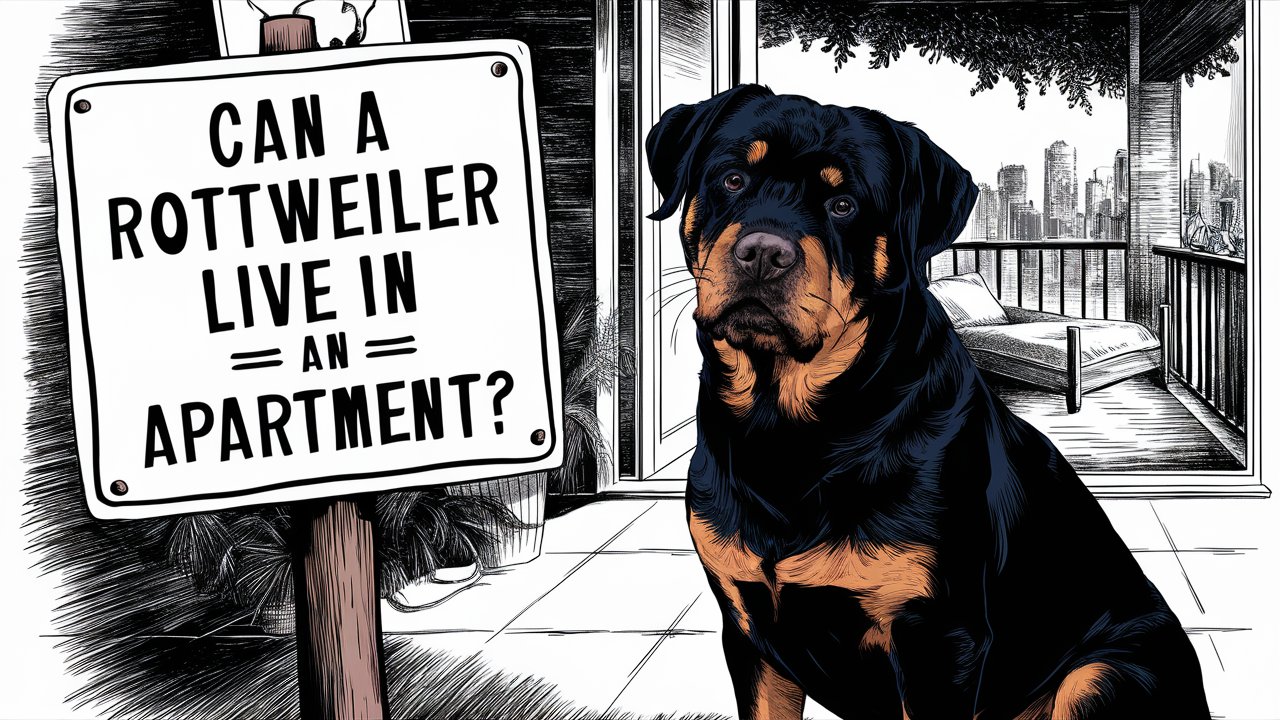When Is a Boston Terrier No Longer a Puppy? 7 Key Stages

Boston Terriers, known for their playful demeanor and affectionate nature, undergo several developmental stages that define their transition from puppy to adulthood. Understanding these 7 key stages is crucial for you to provide the best care and training for your furry friend. Each stage comes with its own unique challenges and milestones, which can affect their behavior and needs. Knowing when your Boston Terrier is no longer a puppy will enable you to adapt their diet, exercise routine, and training methods accordingly, ensuring a healthy and happy companion for years to come.
Key Takeaways:
- Age Milestones: A Boston Terrier typically transitions from a puppy to an adult dog around 12 months of age, but they may retain a playful disposition up to 18 months.
- Behavioral Changes: As they mature, Boston Terriers may exhibit changes in behavior, including increased independence and a shift in energy levels, which are signs of growing maturity.
- Health Considerations: It’s important to monitor health and nutrition during these stages, as proper care supports their physical development and prevents common health issues associated with aging.

Understanding Puppy Development
A Boston Terrier’s development involves several key stages, each with unique physical and behavioral characteristics. Understanding these stages helps you provide the right care, training, and socialization your puppy needs to grow into a healthy adult. From the first weeks of life to the transition into adulthood, recognizing their specific developmental milestones enables you to support them effectively throughout their journey.
Physical Growth Stages
On average, a Boston Terrier undergoes significant physical changes in their first year. They start as tiny newborns, gaining weight rapidly in the first few weeks. By three months, they are playful and more energetic, showcasing better coordination. As they approach six months, you will notice their adult teeth emerging. By the end of their first year, they generally reach their full size and weight, typically between 10 to 25 pounds, depending on their lineage.
Behavioral Changes
Any behavioral shifts in your Boston Terrier are critical components of their development. Recognizing these changes, such as increasing curiosity, playfulness, and a desire for social interaction, is important. Each stage of puppy growth comes with its own unique behaviors, from the shyness of early weeks to more pronounced independence as they approach their first birthday. Your understanding and responses to these changes will influence their temperament and adaptability in various situations.
It is vital to note that the period between 4 to 12 months is crucial for fostering positive behaviors and addressing any negative tendencies that may emerge. Your Boston Terrier may exhibit signs of testing boundaries as they strive for independence. Recognizing the importance of consistent training, socialization with other dogs, and exposing them to new environments will help mitigate these behaviors. Keep in mind, how you respond to their fearful or aggressive reactions during this period can significantly impact their overall behavior in adulthood.

Key Stage 1: Neonatal Stage
Some of the most critical early days of your Boston Terrier’s life occur in the neonatal stage, which spans from birth to about two weeks. During this period, your puppy relies entirely on the warmth and care of its mother for survival, as it is unable to see, hear, or regulate its body temperature. It’s vital to keep the environment safe and comfortable, ensuring that your pup is nursing adequately and receiving proper nutrition.
Birth to 2 Weeks
Neonatal puppies are born blind, deaf, and toothless. During the first two weeks, they primarily spend their time sleeping and nursing. Your primary focus should be providing a secure environment for your puppy, making sure it stays close to its mother for warmth and nourishment. At this stage, ensure the mother is healthy and comfortably caring for her offspring.
Important Milestones
On the journey of your Boston Terrier’s development, several important milestones emerge during this stage. By the end of the first week, you can expect your puppy to have gained weight consistently, marking a sign of good health. Subsequently, around the 10 to 14-day mark, you will notice their eyes beginning to open and their sense of hearing developing. These changes are crucial as your puppy starts to engage with the world around it, moving slightly and walking feebly as they explore their immediate surroundings.
Stage transitions during the neonatal stage lay the groundwork for your puppy’s growth. As they open their eyes and ears, they become more aware of their environment, which is crucial for future development. Keep a close eye on your pup’s weight gain, as failure to thrive during this period can be dangerous. Adequate nutrition from the mother is key, so ensure she is well-fed and healthy to provide the necessary resources for her puppies. Ensuring a clean, safe, and warm environment will significantly contribute to a positive start for your Boston Terrier.
Key Stage 2: Transitional Stage
Not every moment in your Boston Terrier’s early life will be filled with playfulness. The transitional stage, occurring roughly between 2 to 4 weeks of age, marks a significant phase in your puppy’s development. During this period, they will begin to develop their senses and coordination, making it important for you to foster a nurturing environment for their growth.
2 to 4 Weeks
Weeks two to four are critical as your Boston Terrier navigates from a neonatal stage into a more active phase of development. Their eyes and ears open, allowing them to begin experiencing the world around them. You will start to notice their personalities emerging, making social interactions more meaningful.
Socialization Begins
Stage two is where socialization begins to take form. This is important for your Boston Terrier’s overall development. Socialization helps your puppy to learn to interact with their environment, enhancing confidence and reducing fear. You should introduce your pup to various people, sounds, and environments, but be cautious. Inadequate exposure to {negative stimuli} could lead to anxiety or aggression later in life. Aim to create positive experiences that foster a balanced demeanor. Proper socialization at this age sets the foundation for a well-adjusted adult dog.
Key Stage 3: Socialization Stage
Now is a crucial time for your Boston Terrier to develop vital social skills. During this stage, exposure to various environments, people, and other animals helps shape your pup’s personality and behavior. It’s necessary to guide their interactions positively, as this stage significantly impacts their future temperament.
4 to 12 Weeks
To ensure your Boston Terrier grows into a well-adjusted adult dog, socialization between 4 to 12 weeks is critical. During this window, you should gently expose your puppy to different sights, sounds, and experiences to minimize fear and anxiety later in life.
Critical Learning Period
An important aspect of socialization occurs during the critical learning period, which typically lasts from 3 to 14 weeks of age. This time frame is when your Boston Terrier is most receptive to new experiences. Introducing varied stimuli, including different people, environments, and friendly dogs, will lead to a confident pup. However, avoid overwhelming your puppy, as negative experiences can lead to long-term behavioral issues.
Stage your Boston Terrier’s experiences carefully during the critical learning period. Focus on creating a positive and safe environment to minimize stress. Keep in mind that socialization is not merely about exposure, but about ensuring those encounters are safe and enjoyable. Bear in mind, your puppy’s ability to navigate social situations in adulthood largely hinges on the interactions they receive at this stage, so be diligent and thoughtful in your approach.
Key Stage 4: Juvenile Stage
After the initial excitement of puppyhood, your Boston Terrier enters the juvenile stage, which typically spans from about 3 to 6 months of age. During this period, you will notice significant changes in your pup’s behavior, as they become more curious about their surroundings and develop a stronger sense of independence. This stage is crucial for your Boston Terrier’s emotional and social development.
3 to 6 Months
The 3 to 6-month phase is marked by increased energy and inquisitiveness. Your Boston Terrier will start testing boundaries, exploring new environments, and engaging more in play with other dogs. It is vital to provide regular socialization opportunities during this time, as it helps them grow into well-adjusted adults.
Exploring Independence
To help your Boston Terrier navigate this newfound independence, you should encourage healthy exploration of their environment. This is a time when your pup will want to venture off and discover things on their own, which can sometimes lead to risky behavior if not monitored. Ensure you create a safe space for exploration while teaching them important commands and appropriate behaviors. Remain patient and use positive reinforcement to guide them as they learn about the world around them.
As your Boston Terrier explores their independence, it’s crucial to supervise their activities and provide a structured environment. This allows them to unleash their natural curiosity while minimizing risks of harmful accidents. Always be attentive to situations that could prove dangerous, like chewing on household items or encountering aggressive animals. Reinforce good behavior with positive rewards to strengthen your bond and encourage safe exploration. This mix of freedom and guidance will help your Boston Terrier flourish during this exciting stage of growth.

Key Stage 5: Adolescent Stage
Despite their small size, Boston Terriers can experience a significant transformation during the adolescent stage, which typically occurs between 6 to 18 months. This period is marked by intense energy, independence, and sometimes challenging behavior. You will need to be patient and consistent with your training to guide your Boston through this critical phase, as they continue developing their personalities and learning about the world around them.
6 to 12 Months
An adolescent Boston Terrier between 6 to 12 months will often exhibit more assertiveness and may challenge your authority. This is the time when they start testing boundaries, and you may notice a decline in their attentiveness compared to their earlier puppy stage. It’s important to keep up with regular training sessions and socialization to help shape their behavior effectively.
Behavior Maturation
Any signs of rebelliousness you observe during this stage can be attributed to your Boston’s behavior maturation process. As they grow older, they become more aware of their surroundings and may begin to showcase their unique personalities. Socialization is key at this age—maintaining consistent engagement with other dogs and people can foster positive behavior. It’s also crucial to address negative behaviors early on, as they can persist into adulthood if not managed. Consistent training helps reinforce good habits and strengthens your bond with your Boston Terrier.
With proper guidance during this critical stage, your Boston Terrier will slowly transition from adolescent antics to a well-mannered adult. Positive reinforcement is imperative; rewards for good behavior encourage them to understand what is acceptable. Additionally, providing mental stimulation and regular exercise will channel their abundant energy, ultimately contributing to their overall well-being and helping you nurture a well-adjusted companion.
Final Words
The process of determining when your Boston Terrier is no longer a puppy involves understanding the seven key developmental stages. By recognizing these stages and their characteristics, you can better support your dog’s growth into adulthood. It’s vital to be aware of their emotional, physical, and social needs as they mature. If you have specific questions or need further guidance on breeding or care, consider seeking insights from Expert Q&A on Breeding Boston Terriers: Tips and Advice. Your commitment to their well-being will help ensure you and your Boston Terrier thrive together.
FAQ
Q: At what age is a Boston Terrier considered a puppy?
A: A Boston Terrier is classified as a puppy from birth until about 12 months of age. During this period, they undergo critical development phases, including early socialization, learning basic commands, and physical growth. It is crucial to provide them with proper training and socialization experiences during this time to foster well-rounded adult behavior.
Q: What are the key stages in the development of a Boston Terrier from puppy to adult?
A: The developmental stages of a Boston Terrier include:
- Neonatal Stage (0-2 weeks): Dependence on mother for feeding and warmth.
- Transitional Stage (2-4 weeks): Begins to open eyes, ears, and starts walking.
- Socialization Stage (4-12 weeks): Important for bonding and learning social cues. This is a critical age for early training.
- Juvenile Stage (3-6 months): Active & playful; can start learning more advanced commands and house training.
- Adolescence (6-12 months): A phase of behavioral changes often marked by testing boundaries and independence. Training requires consistency.
- Young Adult (1-2 years): Full physical development occurs but some behavioral attributes of puppies may still be evident.
- Adult Stage (2 years and older): Behavioral maturity is reached, and the dog becomes well-adjusted and stable.
Q: How can I tell when my Boston Terrier has transitioned from being a puppy to an adult?
A: The transition of a Boston Terrier from puppy to adult is not just based on age but also on physical and behavioral maturity. Generally, by around 12 months, most Boston Terriers will have completed their physical growth, but it’s crucial to observe several signs, including:
- Reduction in puppy-like energy and impulsiveness.
- Ability to follow commands consistently without supervision.
- Decreased frequency of chewing and other destructive behaviors.
- Greater emotional stability and less testing of boundaries.
- Full adult weight and physical size.
It’s important to note that individual dogs may vary, and some may still exhibit puppy-like qualities even after their first birthday, so patience and continued training are key.





